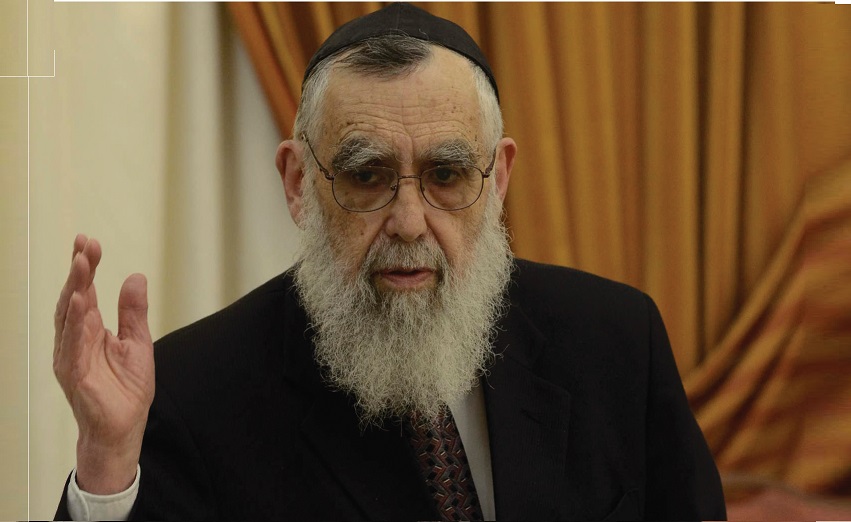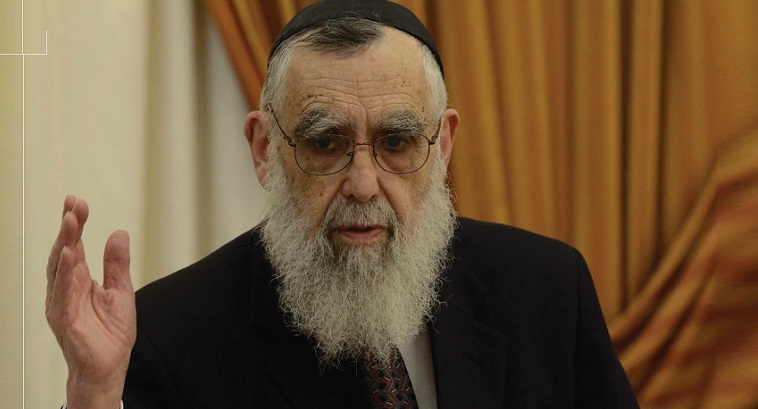A Different Commission of Inquiry

Cheshbon hanefesh — literally, “an accounting of the soul.” We might also translate it as a “Commission of Self-Inquiry”
After the successful conclusion of this war, with G-d’s help, there will inevitably be established a Commission of Inquiry. They will examine root causes, and ask who is accountable for the abysmal failures of our military and intelligence that led to the Simchas Torah massacre and the war. Fingers will be pointed, denials and accusations will punctuate the air, names will be named, resignations will take place, and heads will roll. That will not be a pleasant time. Ruthless self-examination and taking responsibility never are.
But there are other Commissions of Inquiry that should take place as well, but will not. They, too, would make certain investigations. For example:
— A question to the ringleaders of the IDF and Air Force reservists who threatened en masse not to report for reserve duty in protest of judicial reforms (but who, in fairness, did respond wholeheartedly once war broke out): Those threats undermined national morale and clearly emboldened our enemies, even engendering delighted editorials in Iranian newspapers. Is anyone being held accountable?
— A question to the instigators of the bitter judicial reform demonstrations. They split our people, delegitimized entire social sectors, created contempt for the duly elected government. Did all this strengthen the “demokratia” that was their mantra du jour, or in retrospect did it weaken it? Is anyone being held accountable?
This Commission’s jurisdiction would not be limited and would include a celestial unit. This special unit would interrogate charter members of the revered Israeli pantheon who are no longer in life, and who may — or may not — be in Heaven . They might subpoena Theodore Herzl and other early Zionist leaders who, after the Kishinev and other malicious pogroms, assured us that having a sovereign Jewish state would put a permanent stop to anti-Semitism. The Commission would beam them to today’s elite American college campuses; the Commission would whisk Rabin, Peres, and pro-Oslo and Peace Now agitators to the scenes of the Gaza atrocities and the costly struggles against Hamas and Hezbollah; accompanying them would be Arik Sharon on the trip to Gaza and Gush Katif — from which he forcibly evicted Jewish residents after assuring us that the Arabs, as a result of this gesture, would become peaceful neighbors. These former guiding stars — leaders who in retrospect were misleaders — are no longer on the earthly scene, but they are still accountable because their misbegotten assumptions still live on in certain circles.
The Commission would make one more investigation, and this would be the most crucial of all: an inquiry into our own selves. To assign blame and accuse others is relatively easy, but an unflinching look at oneself is a worthwhile exercise at any time, especially at times of crisis. The classic term for such self-examination is cheshbon hanefesh — literally, “an accounting of the soul.” We might also translate it as a “Commission of Self-Inquiry.”
For consider: Even though no one knows precisely the ultimate Divine plans for us, what occurred cannot be brushed aside as happenstance. Why calamitous events occasionally take place, we mortals cannot know, but as Rambam puts it, such events are a clarion call for us to look at ourselves and to re-examine our religious lives and our connectedness with our Creator.
Thus, the Commission might inquire, for example, if that connection is solid and firm. For starters, what is the status of our Torah study and adherence, our davening, and our gemilus chasadim — which are the embodiment of the man-G-d and man-man relationships, and the three pillars on which the world stands (Avos 1:2). Do these need another look? If the connection is loose, it might need tightening.
Unlike most Commissions of Inquiry this one would not require answers from us. There would be no finger-pointing, no public embarrassments, no mud-slinging, no resignations. Rather, each of us would answer privately to our own selves, for only we can know which elements in our lives could profit from some adjustment.
Where most Commissions result in acrimony and resentment, this cheshbon hanefesh would only strengthen and elevate us, and make us worthy of the promise in Tehillim 20: Though we may be weeping in the evening, laboker rinah, “in the morning there will be song.”
Prayerfully, like the guardians in Tehillim 130, we await the morning.
(Originally featured in Mishpacha, Issue 988)
Oops! We could not locate your form.





